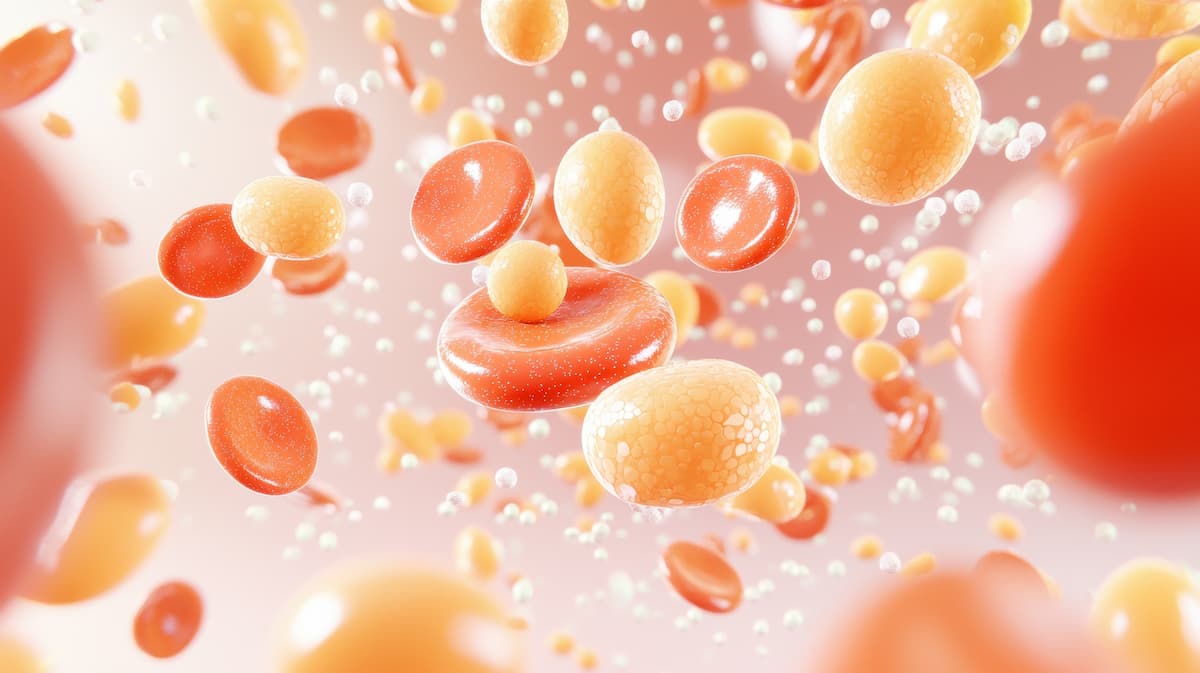Article
First Participants Dosed in Phase 2/3 Study on Moderna’s COVID-19 Vaccine in Pediatric Population
Author(s):
Key Takeaways
- Moderna's KidCOVE study evaluates mRNA-1273 in children aged 6 months to less than 12 years, in collaboration with NIAID and BARDA.
- The study comprises two parts: open-label, dose-escalation, age de-escalation, and a randomized, placebo-controlled expansion phase.
The first participants were dosed in the phase 2/3 KidCOVE study investigating vaccine candidate mRNA-1273 against COVID-19 in children aged 6 months to less than 12 years of age.
The first participants were dosed in the phase 2/3 KidCOVE study (NCT04796896) investigating vaccine candidate mRNA-1273 (Moderna) against COVID-19 in children aged 6 months to less than 12 years of age.
The study is being conducted in close collaboration with the National Institute of Allergy and Infectious Diseases (NIAID) and the Biomedical Advanced Research and Development Authority (BARDA), which is a part of the US Department of Health and Human Services.
“We are pleased to begin this phase 2/3 study of mRNA-1273 in healthy children in the US and Canada, and we thank NIAID and BARDA for their collaboration,” said Stéphane Bancel, chief executive officer of Moderna, in a press release. “It is humbling to know that 17.8 million adults in the US have received the Moderna COVID-19 Vaccine to date. We are encouraged by the primary analysis of the phase 3 COVE study of mRNA-1273 in adults ages 18 and above and this pediatric study will help us assess the potential safety and immunogenicity of our COVID-19 vaccine candidate in this important younger age population.”
The phase 2/3 study consists of 2 parts, the first of which is open label, dose-escalation, and age de-escalation, whereas the second part is a randomized, observer-blind, placebo-controlled expansion study.
Both parts will provide data that will help the investigators assess the safety, tolerability, reactogenicity, and efficacy of 2 doses of mRNA-1273 given 28 days apart in a pediatric population, which will include approximately 6750 participants in the United States and Canada aged 6 months to less than 12 years.
In the first part of the study, participants aged 2 years to less than 12 years will be given either a 50 μg or 100 μg dose of the vaccine, whereas participants aged 6 months to less than 2 years will receive one of either 25 μg, 50 μg, or 100 μg vaccine dose.
The investigators plan to conduct an interim analysis that will allow them to determine the dosage that will be used in the second part of the study, which will be the placebo-controlled expansion portion. During the second study following receiving the dose or placebo, participants will be followed for 12 months to assess response to the vaccine among the population.
In order to determine the efficacy of the vaccine, the investigators plan to either infer this based on whether the achievement of a correlate of protection is established, or by immunobridging to a young adult population aged 18 to 25 years. Additionally, assessing both vaccine safety and reactogenicity are also primary endpoints of the study.
REFERENCE
Moderna Announces First Participants Dosed in Phase 2/3 Study of COVID-19 Vaccine Candidate in Pediatric Population. Cambridge, MA: Moderna; March 16, 2021. https://www.businesswire.com/news/home/20210316005514/en. Accessed March 19, 2021
Newsletter
Stay informed on drug updates, treatment guidelines, and pharmacy practice trends—subscribe to Pharmacy Times for weekly clinical insights.





